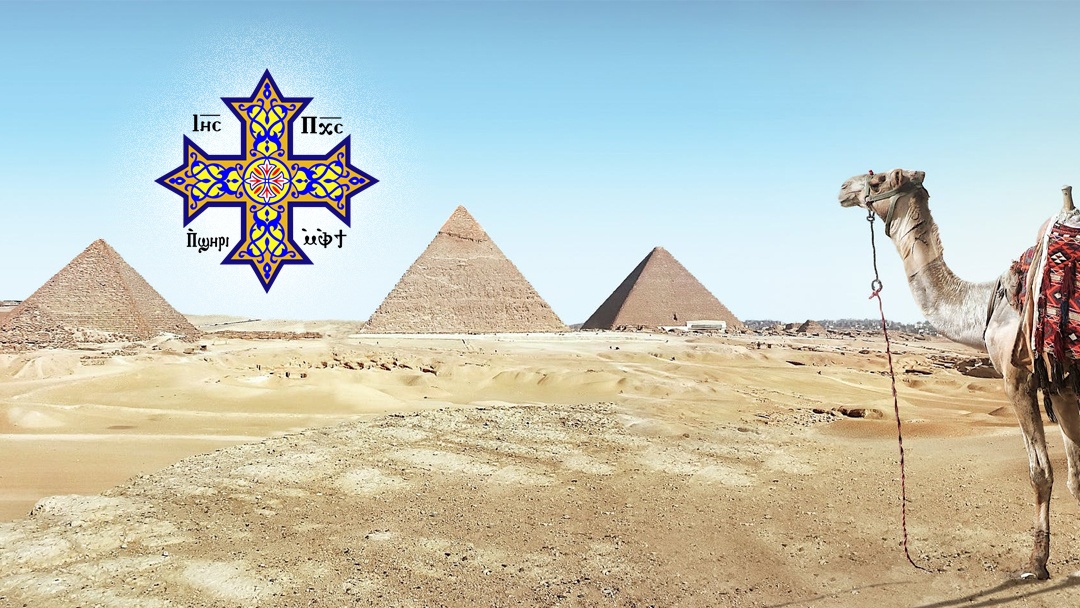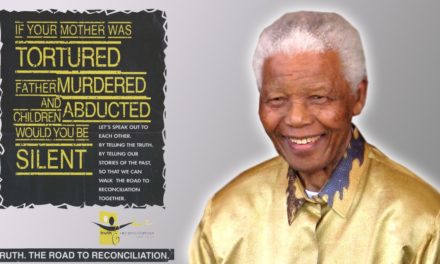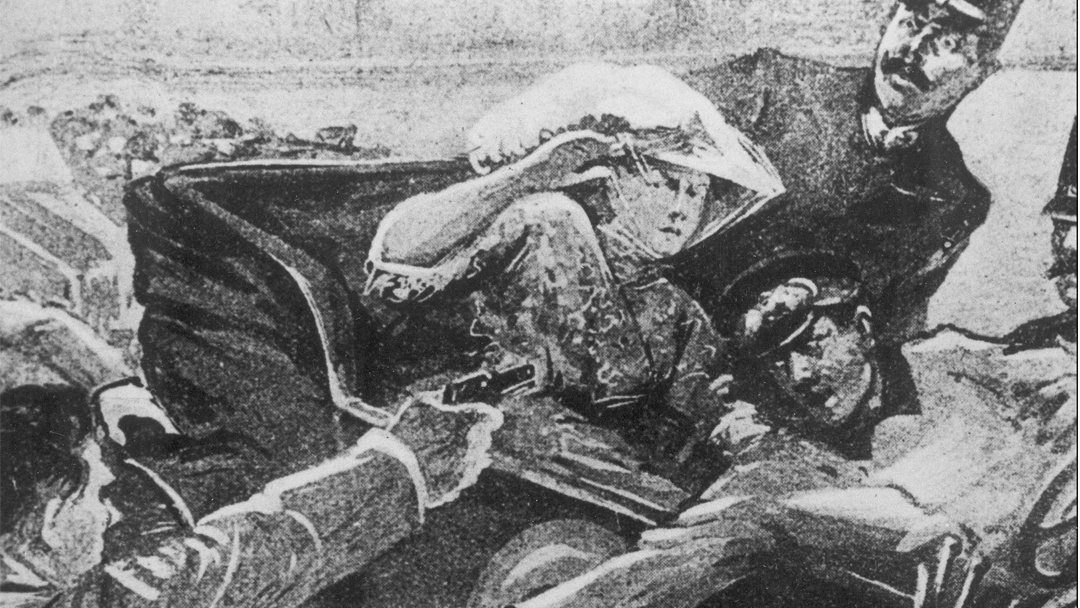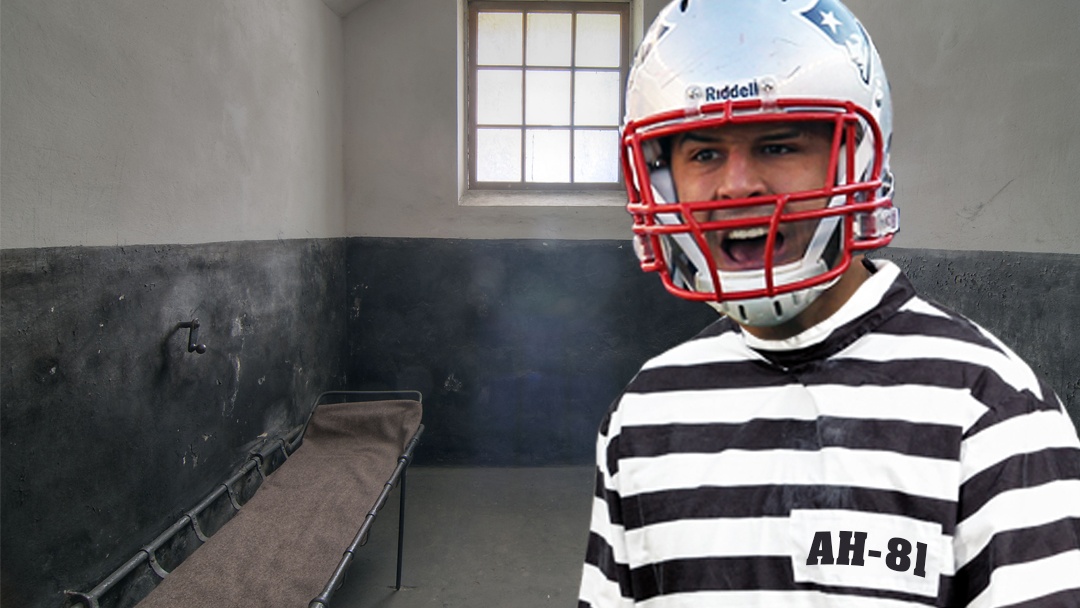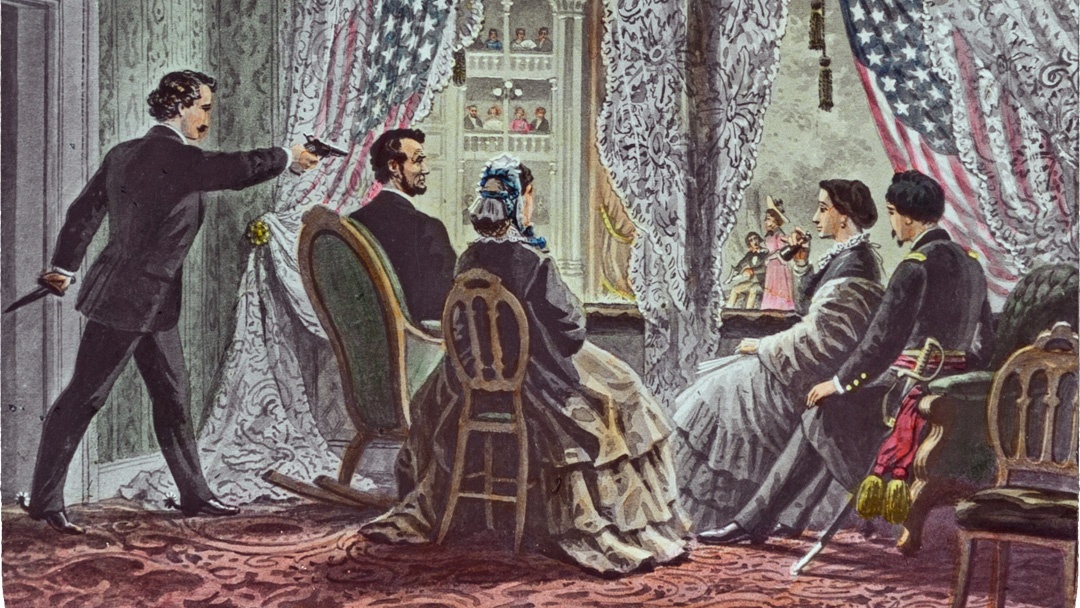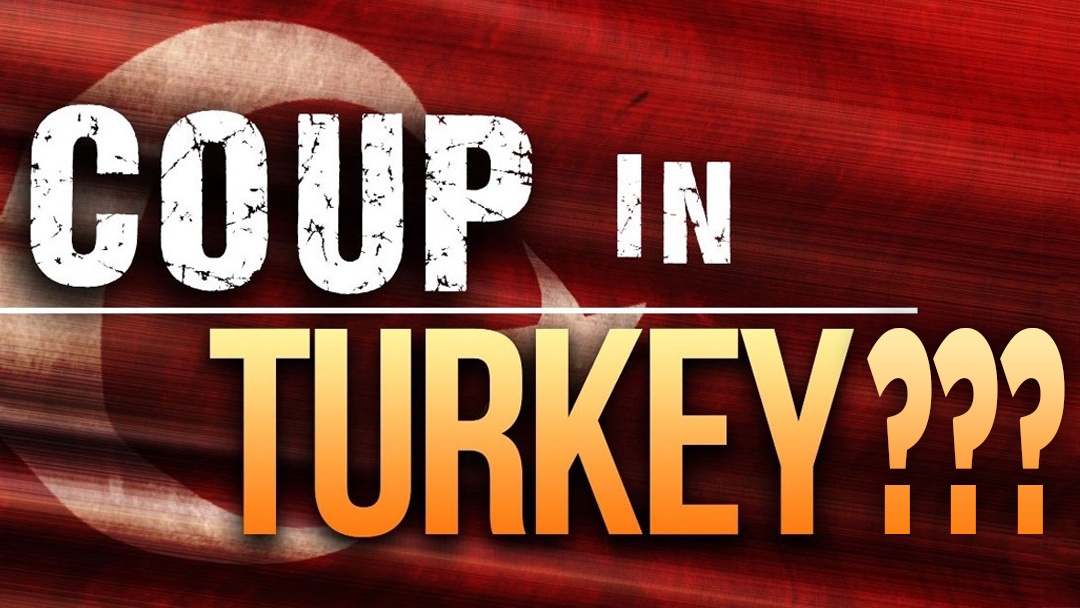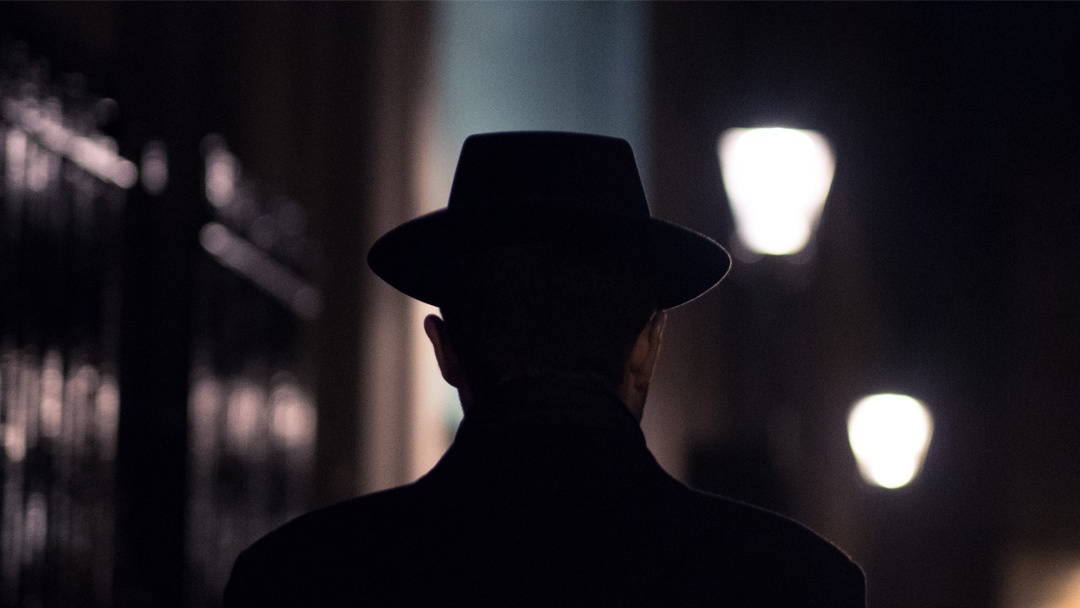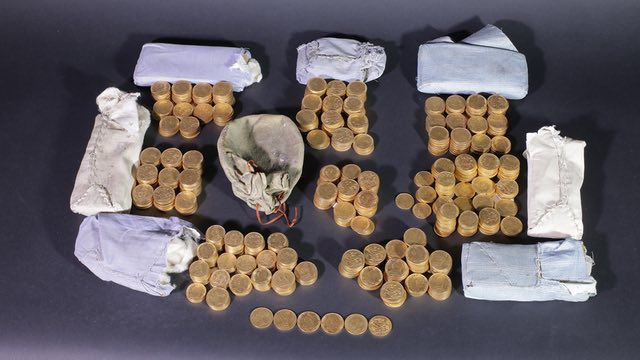The best estimates are that some 20 million Coptic Christians live in Egypt, with another million or more beyond the country’s borders. Obviously a minority in a very Muslim world, they’re significant nonetheless, and they’ve been there forever.
So when a bishop is found murdered in his monastery, on his way to prayers… well you can imagine. Before there was clarity on the crime, it roiled the religious community of course. And social media was blamed for making too many connections between humans and their emotions.
“In the light of what has happened, we need to give the monks their space and let them return to a focus on monastic life. They do not need social media accounts.”
Now a specific monk has been charged, and the repercussions are only beginning.
Wael al-Saad confessed to bludgeoning the bishop over the head with a 90cm (35in) steel pipe while his associate stood guard, according to the Egyptian attorney general’s office.
He was expelled from the church after the murder.
The Coptic Church has unveiled strict new measures in the wake of the bloody incident.
No new monks are to be accepted for a year, and clergy are forbidden to use social media. Monks are also banned from leaving monasteries without permission.
But please, what sense does this all make?
Are we saying that only if religious devotees are kept away from all distractions and temptations of all kinds, they have a chance of remaining virtuous?
Should monks not be allowed the use of knives for food preparation? After all it could distract a monk with ideas.
How much to wall off the contemplative, religious life from the worldly one has always been a challenge and conundrum.
We leave it as a social, psychological, and religious mystery: what can we learn from the painful experience of the murder in the Coptic Monastery?
